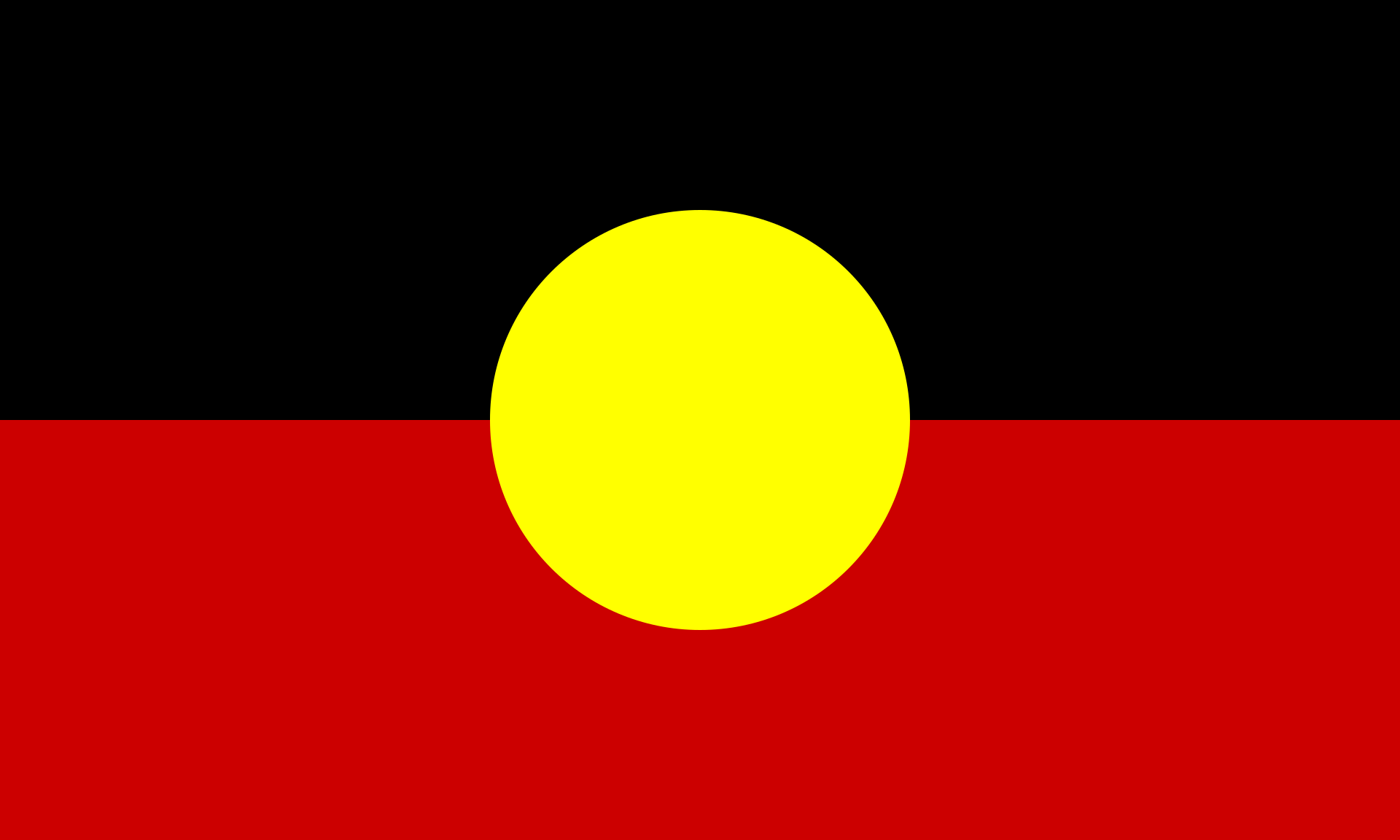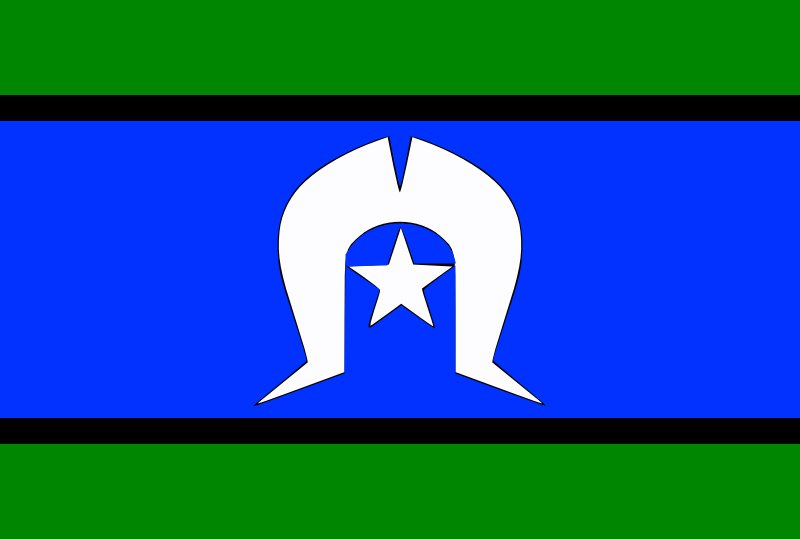Active AQA community member Young Ok Dowling shares her experiences using aloe vera to treat skin conditions, and makes a generous offer.
Not long after my discharge home from spinal rehab at Royal Talbot, I sustained a scalding burn to my abdomen and thighs while I was taking a shower. Once the blisters healed, I regularly applied gel which I squeezed from a thick, fleshy, aloe vera leaf onto the burn areas. I believe this helped my skin to heal well.
Later, when I twice sustained damage to my buttocks from a faulty commode chair seat, each time I stayed in bed for a month to heal the wounds. Both times I applied aloe vera gel every morning. I was very happy with the healing.
At times I suffer with eczema. I have found that the application of aloe vera gel to the affected areas relieves any pain, swelling or itching.
A long and useful history
Aloe vera gel is used to treat a wide variety of skin conditions, including minor burns, sunburn, itching due to allergies and insect bites, sores and skin ulcers.
It’s a hardy succulent, native to North Africa and the southwest Arabian Peninsula. It is one of the most popular medicinal plants worldwide, with a history of use stretching back over 2000 years. It is used in traditional Chinese medicine, where it is known as lú huì.
Take one home!
I have potted 40 aloe vera plants that I would like to share with the SCI community. If you’re interested please contact me through AQA, the Incomplete SCI group or the Women’s SCI group.

Care guide:
- Aloe vera will grow well in full sun and part shade, in well-drained soils. (If you’re planting in clay-rich or water-retentive soils, dig in some compost to help with drainage.)
Water frequently if you’re growing it in a pot outside and the weather is hot and dry. - Aloe vera is often grown indoors in the kitchen or bathroom, where it can be readily used for emergencies such as minor burns and skin irritations. It will grow well near a bright window, but not too close to the glass. Remember to allow the soil to dry before rewatering.
- April 19, 2021




